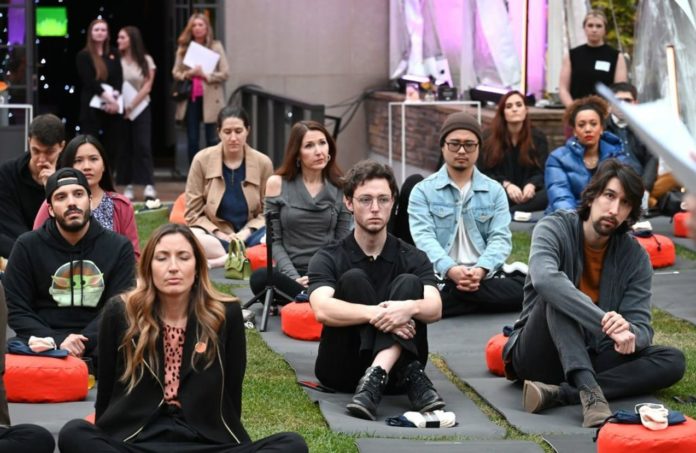Some foods may have a significant impact on many aspects of health, including sleep quality and longevity. According to specialists, there are specific foods to avoid and adopt.
Ice cream is heavy in sugar, which can boost insulin levels, making it very difficult to fall asleep, says Daniel Perez Vidal, a nutritional and sleep specialist.
In order to get a decent night’s sleep, he also listed some foods and drinks to avoid. Sugar, like coffee, is a stimulant, thus both should be avoided, according to Mr Vidal.
Cheese, hot foods like curries, ice cream, and desserts should also be avoided, according to the expert.
He also suggests that caffeine should not be consumed too close to bedtime. Caffeine is a stimulant, thus it should be avoided four to six hours before bedtime.
“Remember that caffeine is present in coffee and tea, but also in iced tea, fizzy drinks, chocolate and even meditation for example cold and flu tablets.”
“When it comes to food, generally eating too close to bedtime is not recommended,” the expert added.
“When you eat, your body then converts the food into energy which should be avoided when you’re trying to get to sleep. This also plays havoc on your indigestion making it harder for you to get comfortable.”
The sleep expert also added: “Curries and other spicy food boost your metabolism and get your blood flowing which can make you feel more awake.
“Your core temperature naturally decreases when you go to bed so spicy foods provide the absolute opposite.”
Cheese is high on the list of intolerances, so people who are even somewhat intolerant face an increased risk of bloating, stomach irritation, and gas, all of which make sleeping difficult. Tyramine, an amino acid that promotes the production of norepinephrine, is also found in aged cheeses. This can help you stay awake and avoid falling asleep.
“If you do want to eat something small,” he recommends, “include bananas, which contain potassium and magnesium – great for inducing sleep or almonds, which are high in calcium.
“Calcium calms the body and relaxes the muscles. It also helps the brain convert the amino acid tryptophan into sleep-inducing melatonin.”
Varying people require different amounts of sleep. Adults require seven to nine hours of sleep on average, whereas children require nine to thirteen hours. Every day, toddlers and newborns require 12 to 17 hours of sleep.
Image Credit: Getty
You were reading: Trying to Sleep? You Shouldn’t Eat This Before Bed – Warns Expert
